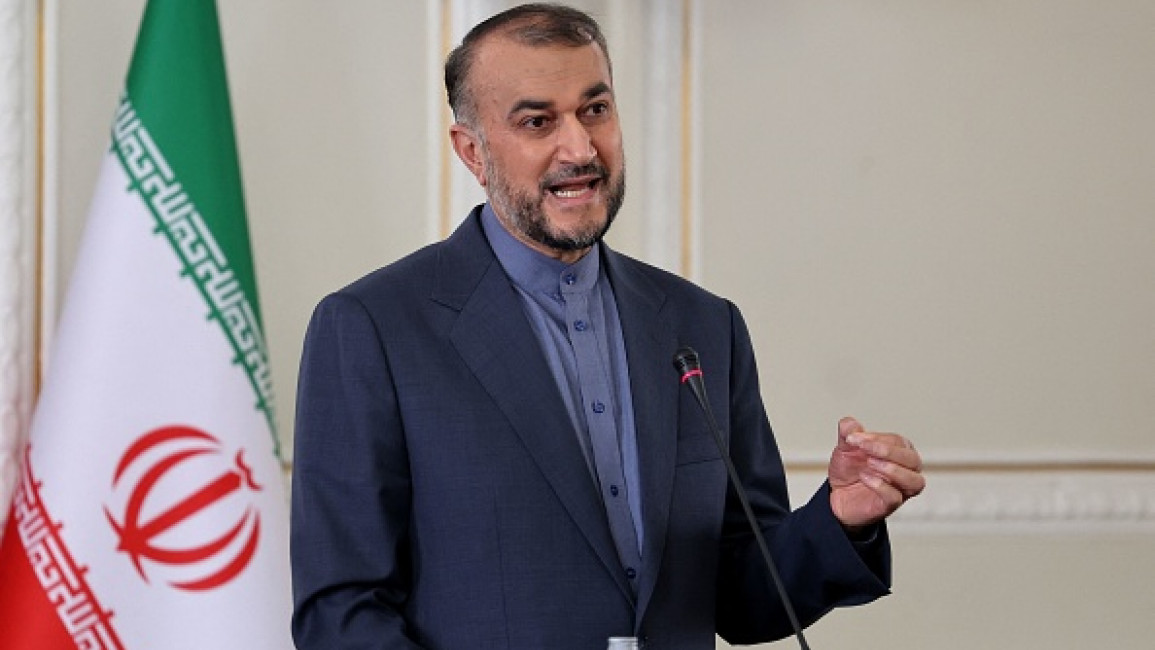Iran insists on oil exports as Vienna nuclear talks resume
Iran insisted on Monday that the United States and its allies promise to allow Tehran to export oil as negotiations on restoring a nuclear deal which former US President Donald Trump pulled out of in 2018 were about to resume in Vienna.
Negotiators are attempting to salvage a 2015 US-Iran deal – the Joint Comprehensive Plan of Action – under which the US and five other countries agreed to lift sanctions in exchange for Iran agreeing to restrictions on its nuclear programme.
#ViennaTalks to resume on Monday 27 December. The #JCPOA Joint Commission will meet to discuss and define the way ahead. Important to pick up the pace on key outstanding issues and move forward, working closely with the US. Welcome to the 8th round.
— Enrique Mora (@enriquemora_) December 23, 2021
The seventh round ended in mid-December with modest progress. Among the issues on the agenda in the current round of talks is the issue of a U.S. guarantee on Iranian sanctions relief.
As the parties prepared to reconvene in Vienna, Iran Foreign Minister Hossein Amirabdollahian told reporters in Tehran: "We've reached a new text, based on which negotiations will continue...we need to get to a point where we sell our oil and get the money in our accounts".
#Iran FM: The most important thing for us is to get to the point where, first of all, Iranian oil is sold easily & without any restrictions, & our oil money is transferred in foreign currency to Iran's bank accounts, & we can use all the economic benefits envisaged in the #JCPOA.
— Abas Aslani (@AbasAslani) December 27, 2021
According to Western diplomats, the nuclear negotiations have a few weeks to yield a major breakthrough before Iran's enrichment of uranium to high levels render the deal irrelevant.
However, sources close to Iranian negotiators said that Iran will pay little attention to what it calls “artificial deadlines” for the talks and intends to drag out negotiations if needed.
Iran has said it wants all sanctions, imposed as part of the “maximum pressure” campaign by the former Trump administration, lifted – a position its Western counterparts regard as uncompromising.
Meanwhile, Israel has been critical of the attempts to reach a new deal with Iran, saying the international community is giving in to “nuclear blackmail”. It says any new agreement must make improvements over the original deal, and that the talks must be accompanied by a “credible” threat by the US to use military force against Iran if necessary.
Iran has steadily abandoned all of the accord's limits since the American withdrawal from the JCPOA in 2018 and is now enriching uranium to 60% purity — giving rise to fears among Western countries that it will be able to develop nuclear weapons soon. It spins ever-more advanced centrifuges also barred by the deal.
The talks involve all the parties to the original nuclear deal — Iran, Britain, France, Germany, Russia and China. Iran refuses to talk directly to a United States envoy, who is engaging indirectly through the other signatories.
Agencies contributed to this report.



